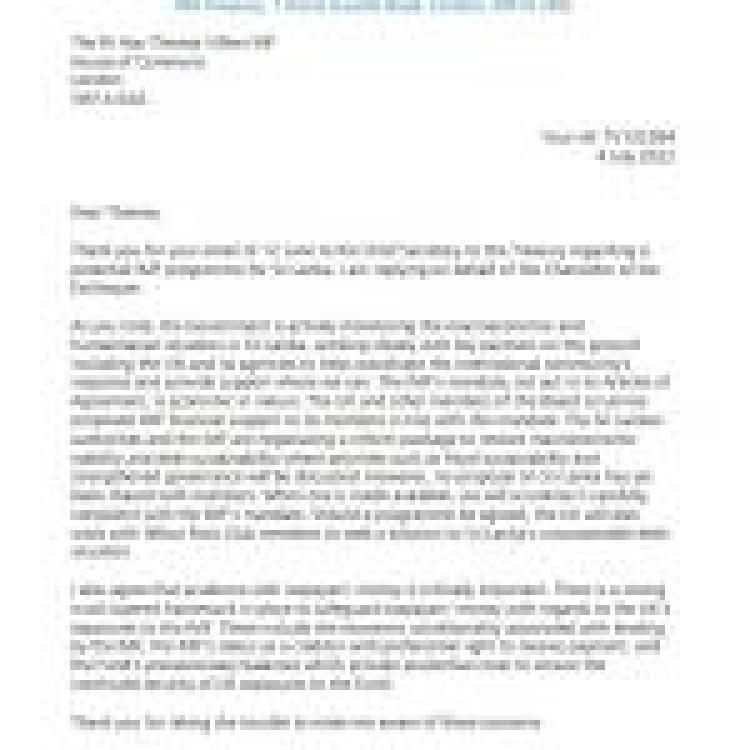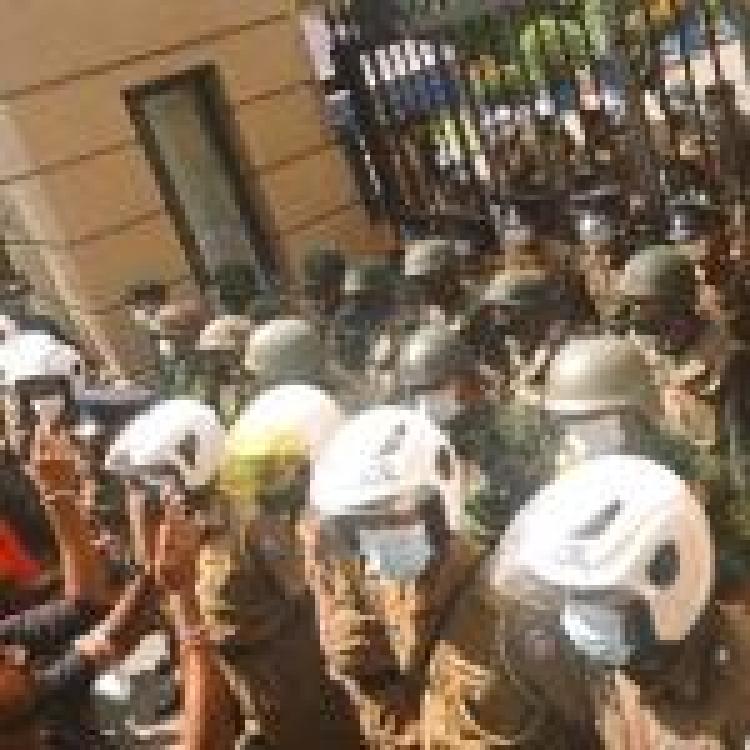
Responding to mass unrest in Colombo, which saw the burning of the Prime Minister’s house, the International Monetary Fund has raised deep concerns over the crisis whilst stressing the need for a resolution that will “allow for the resumption of our dialogue on an IMF-supported program”.
Sri Lanka’s Prime Minister and Finance Minister, Ranil Wickremesinghe, has announced that he will resign, and the Speaker of Sri Lanka’s Parliament has similarly claimed that the President will also. In their place, an interim caretaker government, from representatives of all parties, will take over.
They will be tasked with continuing discussions with the IMF to help recover Sri Lanka from its worst economic collapse in recent history. The country is the first Asia Pacific country in decades to declare bankruptcy. One in three families are struggling to feed their children and inflation has reached record levels.
Wickremesinghe met with the IMF on behalf of the country but failed to secure a bailout. Instead, the IMF has stressed that before Sri Lanka can receive aid, its debt would need to bring down to a “sustainable level”. The institution called for “far-reaching tax reforms” as well as action to address “rising levels of inflation”, “the severe balance of payments pressures”, “corruption”, and to embark on “growth-enhancing reforms”.
Read more here: IMF-Sri Lanka discussions ends without bailout
In their statement on Sunday, Peter Breuer, IMF Senior Mission Chief for Sri Lanka, and Masahiro Nozaki, IMF Mission Chief for Sri Lanka, stated:
"We are closely monitoring the ongoing developments in Sri Lanka”.
They further added:
“We are deeply concerned about the impact of the ongoing economic crisis on the people, particularly the poor and vulnerable groups, and reaffirm our commitment to support Sri Lanka at this difficult time, in line with the IMF’s policies,” the IMF statement said.
Read more here.



